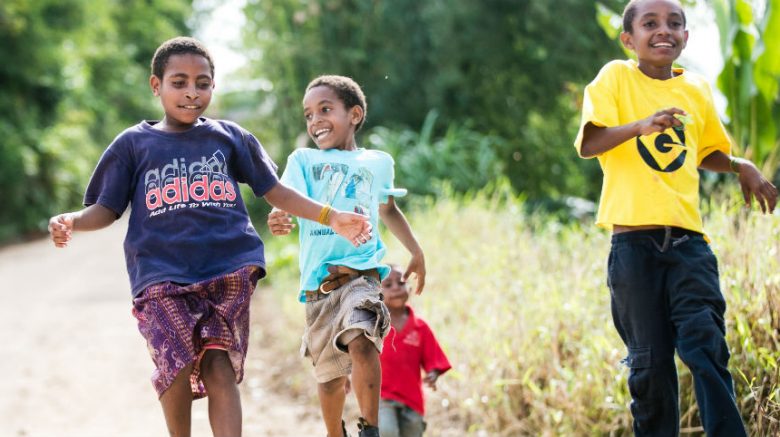Latent yaws is cured as effectively as active yaws with a single dose of azithromycin, according to a new study led by FLSIDA, an institution supported by the “la Caixa” Foundation. The results, published in Lancet Global Health, strongly support the current WHO strategy to eradicate yaws, based on massive drug administration among communities in endemic areas.
Yaws is a neglected tropical skin disease that mainly affects children and can cause severe bone deformities. For each child with a yaws ulcer, there are at least 6 children with latent yaws, i.e. they are infected but do not present any skin manifestations. Latent yaws can relapse after several years, provoking ulcers that are infectious for other children. Therefore, to achieve disease eradication, it is necessary to ensure that the currently recommended treatment for yaws (one single dose of azythromicin) also works for latent cases.
The goal of this study, funded by ISDIN y Newcrest Mining Ltd, was to determine the effectiveness of one single dose of azythromicin to treat latent yaws. The authors followed a cohort of more than 150 children classified as latent cases (with antibodies to the bacterium but without bacterium-positive ulcers), and analysed them two years after treatment. “A particular strength of the study is the long duration of follow-up” states a comment on the study, published in the same journal.
The results show that “serological cure” (i.e. significant decrease of antibodies in the serum) was as efficient for individuals with latent yaws as for those with active yaws.
“This is the first study that uses serological monitoring to assess individual responses to treatment of latent yaws” explains Oriol Mitjà, first author of the study. “The results are very encouraging and strongly support the WHO yaws eradication strategy based on mass drug administration to the entire community, irrespective of clinical status”, he adds.
Reference:
Mitjà O, Gonzalez-Beiras C, Godornes C, et al. Effectiveness of single-dose azithromycin to treat latent yaws: a longitudinal comparative cohort study. Lancet Global Health. Oct 26, 2017. http://dx.doi.org/10.1016/S2214-109X(17)30388-1

